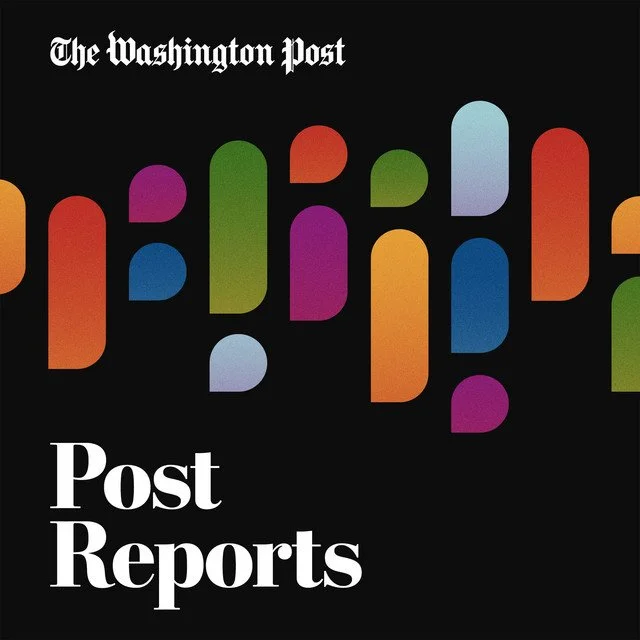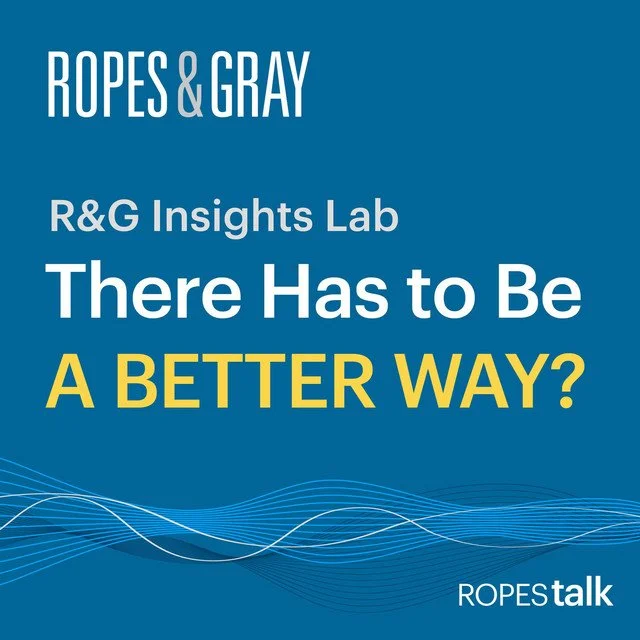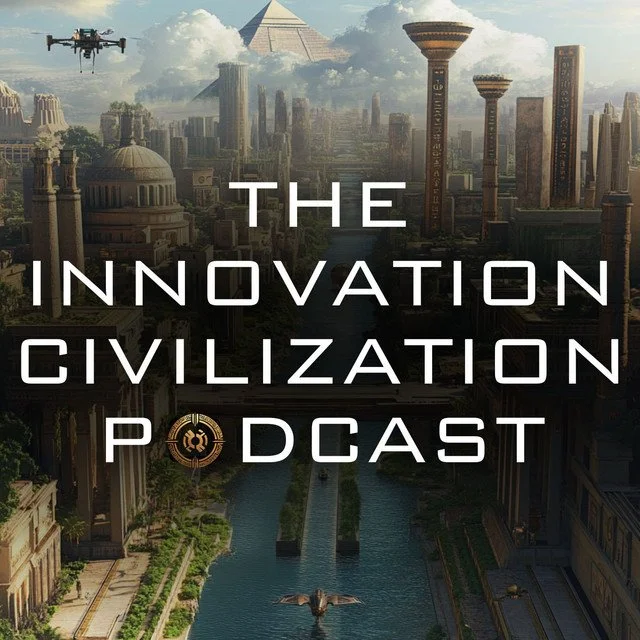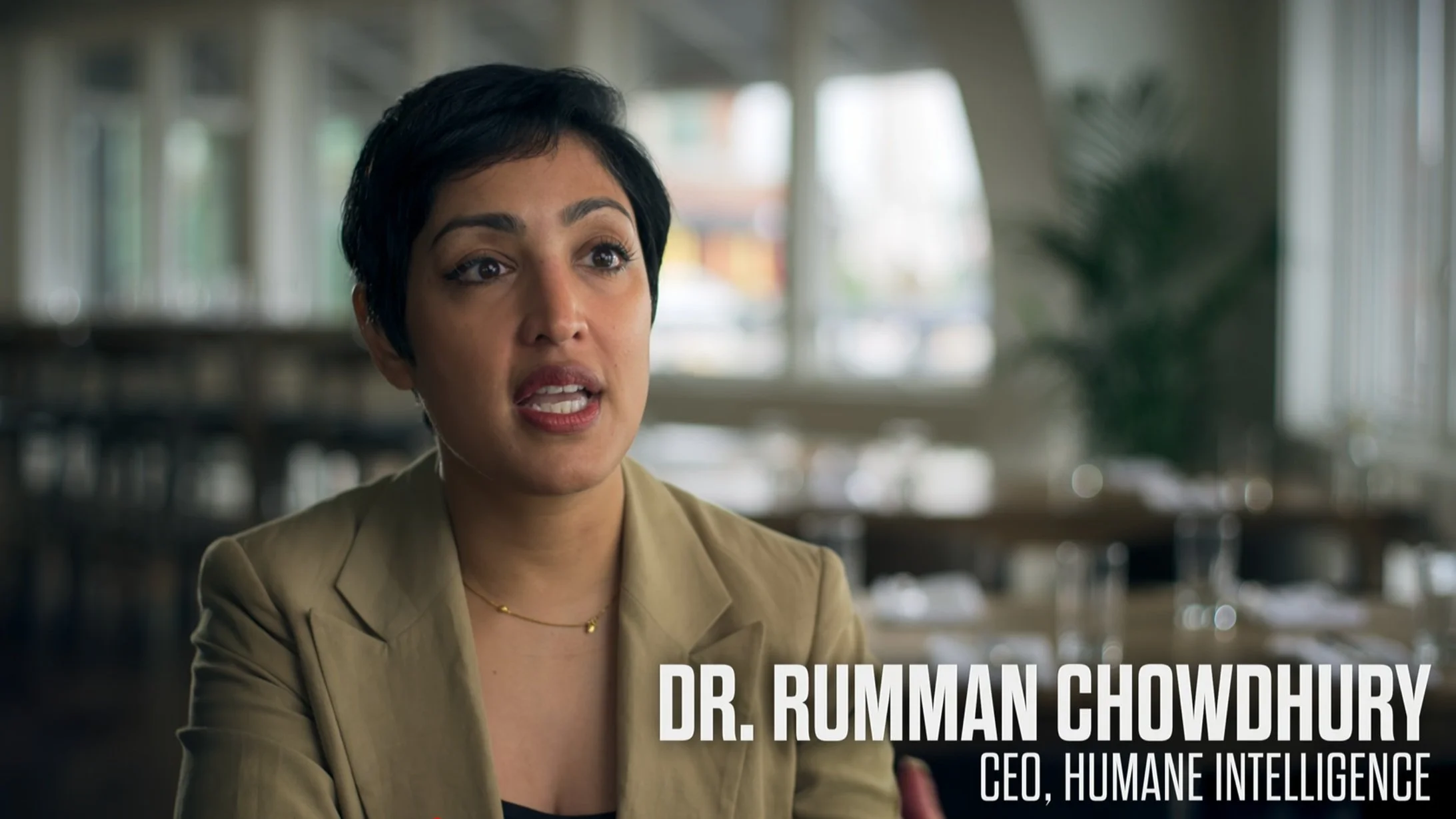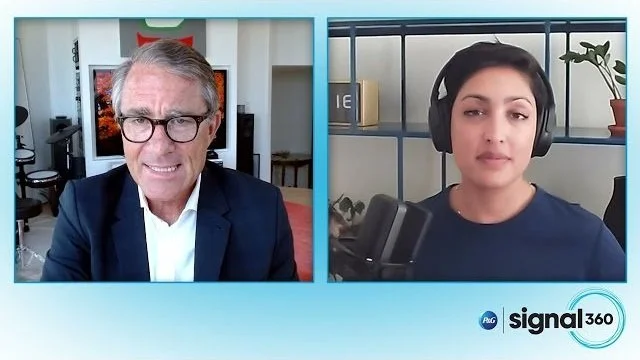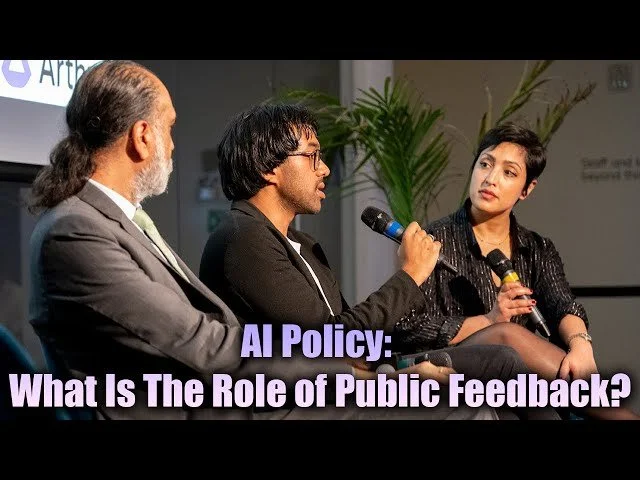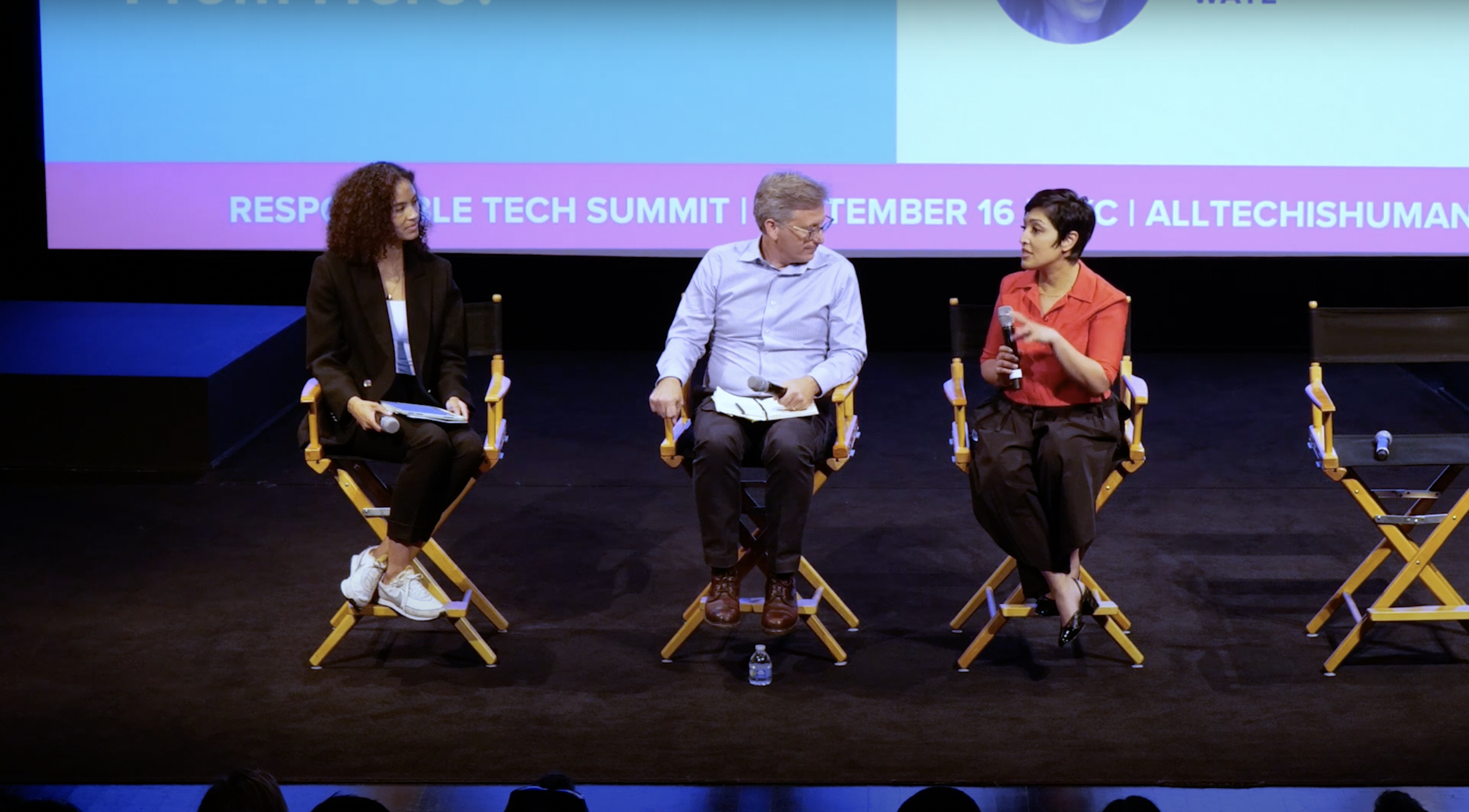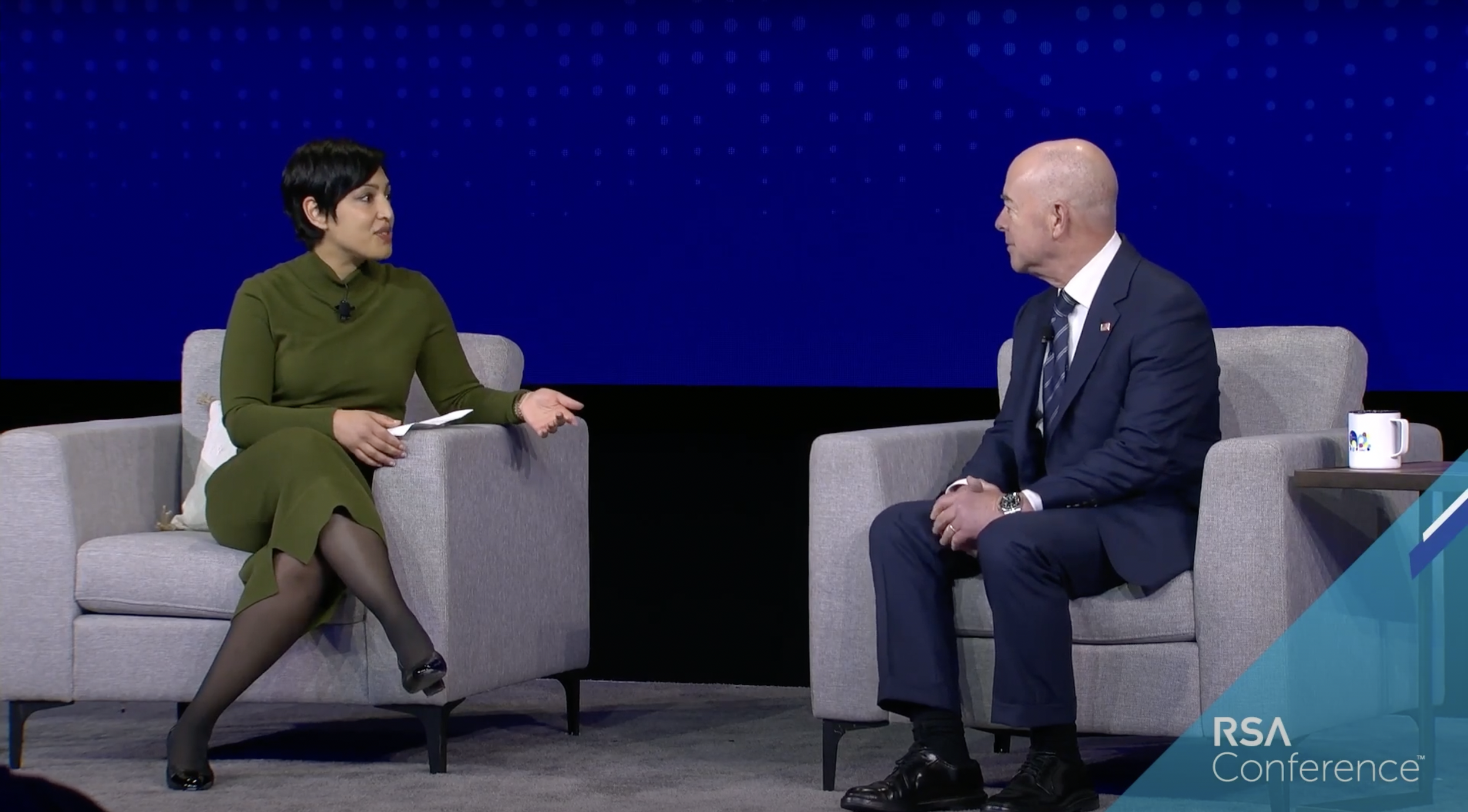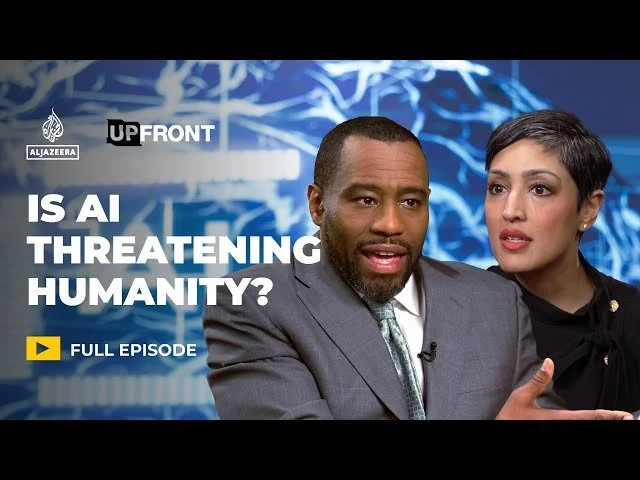
Media & Press
Interviews, features, and commentary on responsible AI, governance, and the societal impact of emerging technologies.
RUMMAN IN THE NEWS
PODCAST INTERVIEWS
-
![On with Kara Swisher podcast cover]()
AI Ethics and Safety - a Contradiction in Terms?
ON WITH KARA SWISHER
-
![LIfe with Machines podcast cover]()
Can We Fix AI Before It's Too Late?
LIFE WITH MACHINES
-
![The Washington Post Post Reports podcast cover]()
Meet the hackers trying to make AI go rogue
POST REPORTS
-
![The World We Are Building podcast cover]()
Reimagining Human and Artificial Intelligence
THE WORLD WE ARE BUILDING
-
![Ropes and Grey RopesTalk podcast cover]()
What Pop Culture Gets Wrong
THERE HAS TO BE A BETTER WAY?
-
![Science Friday podcast cover]()
ChatGPT And Beyond: What’s Behind The AI Boom?
SCIENCE FRIDAY
-
![The Innovation Civilization podcast cover]()
How to Fix AI Before It's Too Late
THE INNOVATION CIVILIZATION PODCAST
-
![Azeem Azhar's Exponential View podcast cover]()
How to Practice Responsible AI
AZEEM AZHAR’S EXPONENTIAL VIEW
-
![Science Friday podcast cover]()
Imagining The Future Of AI
SCIENCE FRIDAY
VIDEO CLIPS & INTERVIEWS
-
![Rumman Chowdhury speaking at congressional hearing]()
Artificial Intelligence: Advancing Innovation Towards the National Interest
HOUSE SCIENCE, SPACE, and TECHNOLOGY COMMITTEE
-
![Rumman Chowdhury speaking on What's Next?]()
What Can AI Do for Us / to Us?
WHAT’S NEXT? THE FUTURE WITH BILL GATES
-
![Rumman Chowdhury and John Battelle on Signal360]()
Rumman Chowdhury Signal 360 Conversation
SIGNAL 360
-
![Rumman Chowdhury on CNN]()
Hackers take on ChatGPT & AI in Vegas
CNN
-
![Rumman Chowdhury on PBS Nova]()
Secrets in your Data
PBS NOVA
-
![Rumman Chowdhury speaking on a panel of three speakers]()
AI Policy: What Is The Role of Public Feedback?
ALL TECH IS HUMAN
-
![Rumman Chowdhury with Soledad O'Brien]()
DEF CON Convention Organizer Talks AI and Ethics with Soledad O'Brien
MATTER OF FACT
-
![Rumman Chowdhury speaking]()
Combatting the idea that elite technologies only serve a privileged few
DECODING DISRUPTORS
-
![Rumman Chowdhury on PBS Nova]()
How to Build a Bright Future With AI
PBS NOVA
-
![Rumman Chowdhury speaking onstage]()
Algorithmic Colonialism
MUTEK MONTREAL
-
![Rumman Chowdhury speaking with Rob Reich and Sinead Bovell]()
Fireside Chat: Responsible AI - Where Do We Go From Here?
ALL TECH IS HUMAN
-
![Rumman Chowdhury speaking with Alejandro Mayorkas]()
Homeland Security in the Age of Arficial Intelligence
RSAC CONFERENCE
-
![Rumman Chowdhury on Al Jazeera, Up Front]()
Can AI be held accountable? AI ethicist on tech giants and the AI boom
AL JAZEERA
OP-EDS & COMMENTARY
-
![Cartoon of Elon Musk shooting twitter logo]()
I Watched Elon Musk Kill Twitter’s Culture From the Inside
by Rumman Chowdhury
THE ATLANTIC
-
![Collage featuring a black and white image of a mushroom cloud, a pair of yellow eyes, green computer code, and a translucent green brain]()
AI Desperately Needs Global Oversight
by Rumman Chowdhury
WIRED
-
![Bright blue glowing eye surrounded by binary code and circuit board patterns]()
Artificial intelligence doesn’t have to be inhumane
by Rumman Chowdhury and Sue Hendrickson
THE HILL
-
![A man interacts with a large digital display showing two glowing blue, futuristic faces with neural network patterns]()
AI Evaluations Need Scientific Rigor
by Rumman Chowdhury
KOREA HERALD
-
![A girl sitting on a bean bag chair typing on a laptop]()
What the Global AI Governance Conversation Misses
by Rumman Chowdhury
FOREIGN POLICY
-
![Cambridge Forum on AI: Law and Governance]()
Cambridge Forum on AI: Law and Governance
Edited by Rumman Chowdhury, Martin Ebers, and Megan Ma
CAMBRIDGE FORUM
-
![Arrow tearing through black reveals a red background with a white mouse cursor]()
Platforms Are Fighting Online Abuse—but Not the Right Kind
by Rumman Chowdhury and Gina Neff
WIRED
-
![White cubes with L-shaped markings connect via lines on a light green background]()
What is an “algorithm”? It depends whom you ask
by Kristian Lum and Rumman Chowdhury
MIT TECHNOLOGY REVIEW
-
![A smiling man wears a hat with a car stereo, batteries, and speakers attached]()
Auditing Algorithms for Bias
by Rumman Chowdhury and Narendra Mulani
HARVARD BUSINESS REVIEW
-
![Cartoon of the world being held by a robot hand]()
Putting Responsible AI into Practice
by Rumman Chowdhury, Bogdana Rakova, Henriette Cramer, and Jingying Yang
MIT SLOAN MANAGEMENT REVIEW
-
![Robot arms of various metallic colors form a circle, holding hands]()
Using Artificial Intelligence to Promote Diversity
by Paul R. Daugherty, H. James Wilson, and Rumman Chowdhury
MIT SLOAN MANAGEMENT REVIEW


